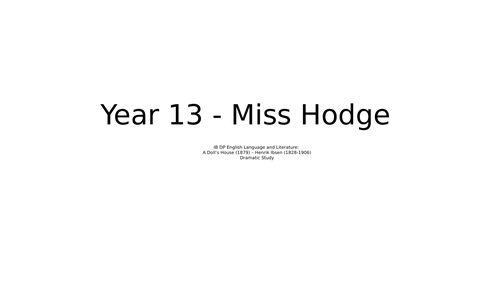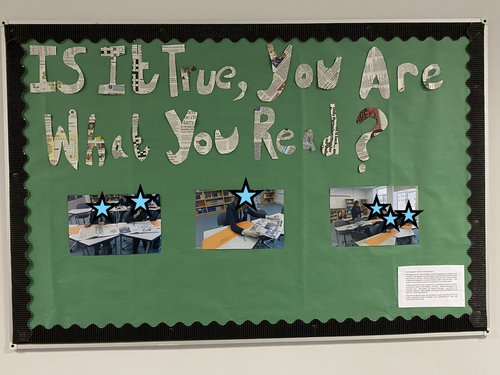Rebecca Hodge's Resources
A Secondary English teacher with broad subject-specific expertise and eighteen years experience teaching within networked communities of practice. Aspects of my leadership focus on curriculum development, pedagogy, implementation and assessment practices in AQA/Edexcel GCSE, Cambridge IGCSE and IB MYP and DP.




















